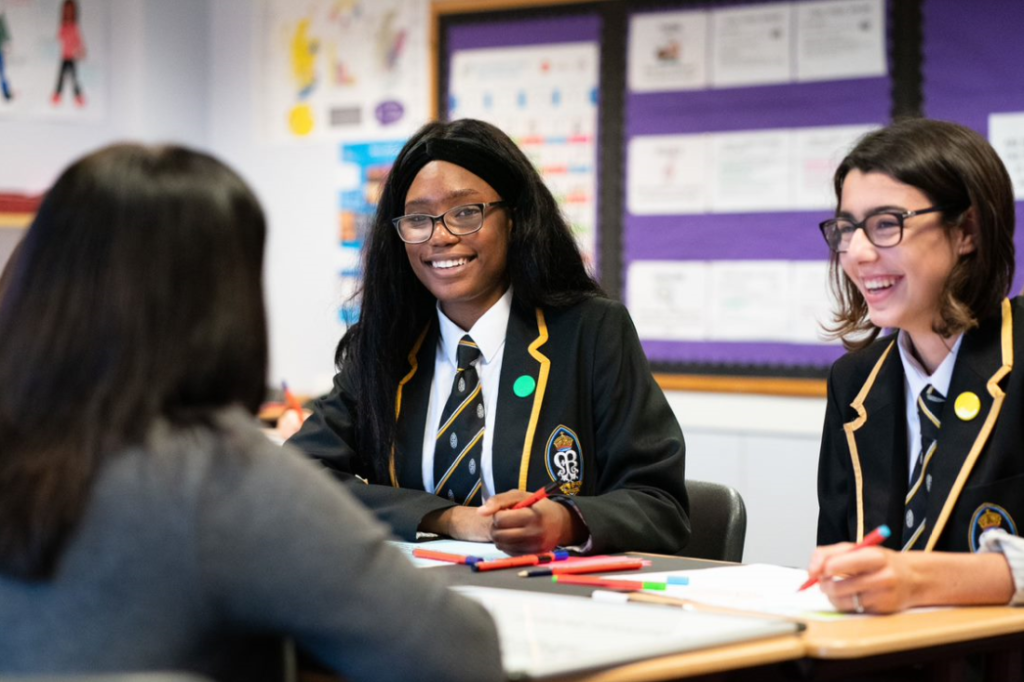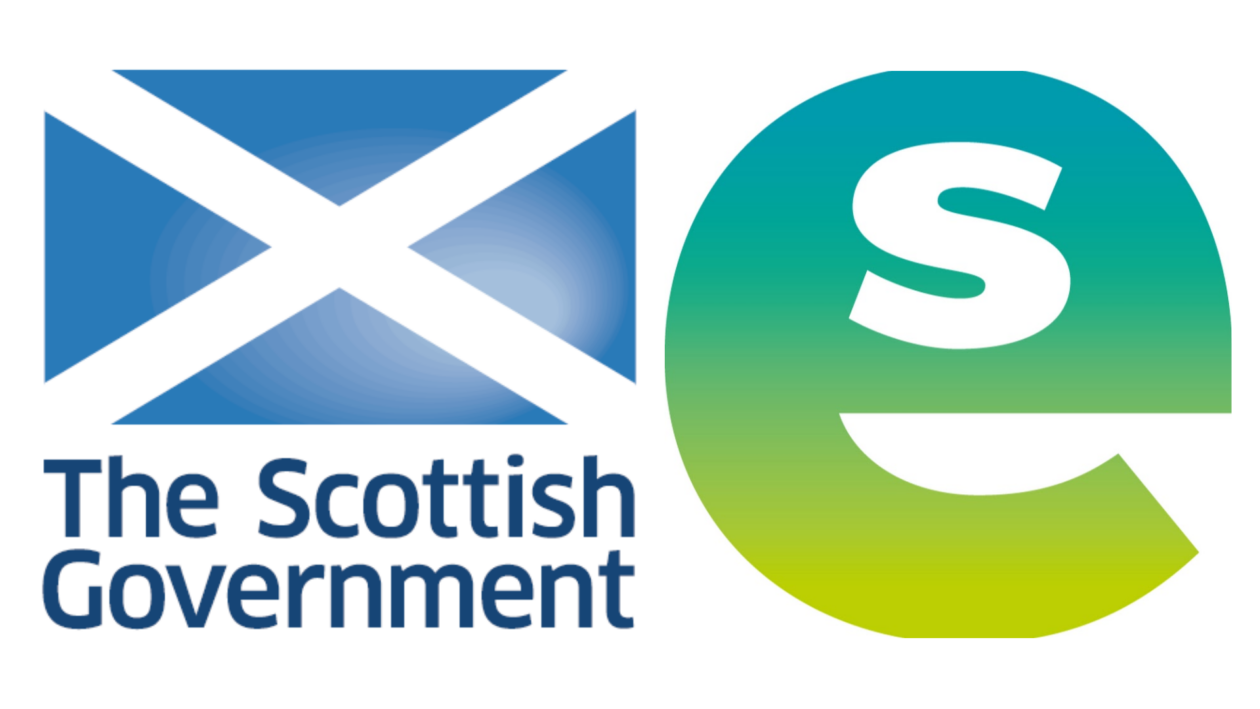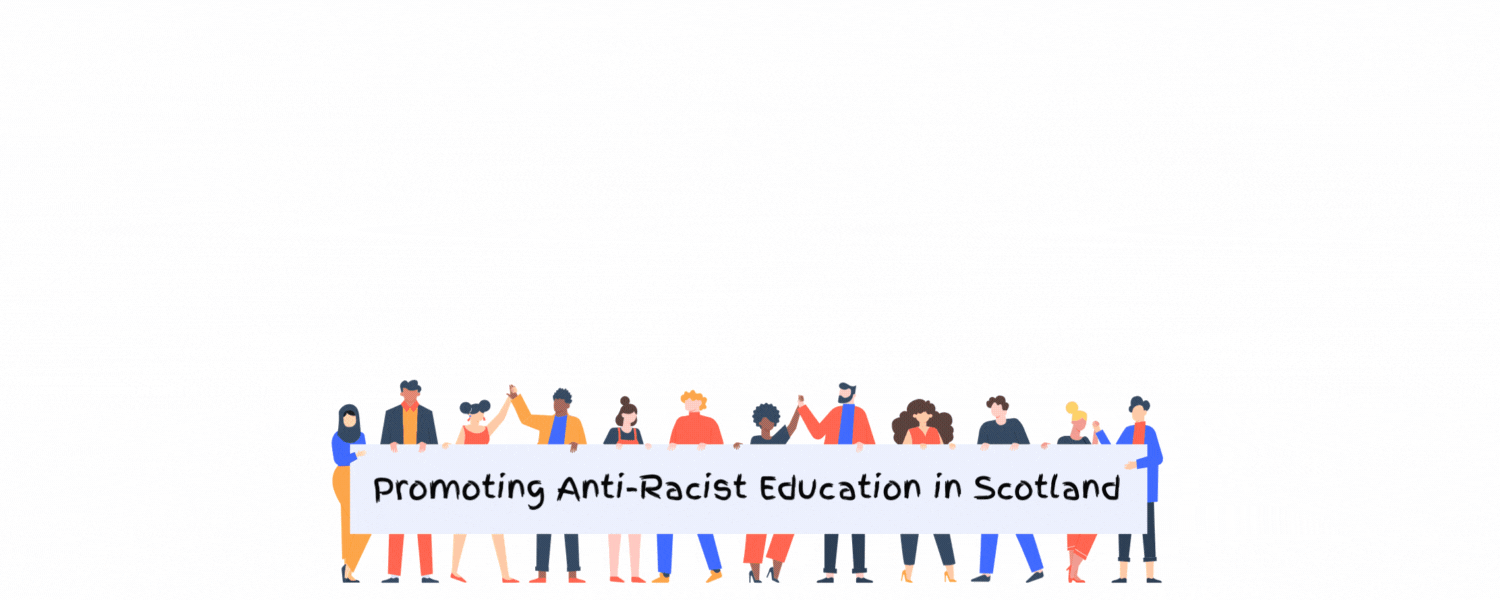Learning in health and wellbeing ensures that children and young people develop the knowledge and understanding, skills, capabilities and attributes which they need for mental, emotional, social and physical wellbeing now and in the future. Race equality and anti-racism education support many aspects of the health and wellbeing curriculum where the intention is to help build an environment that supports learners to:
- develop their self-awareness, self-worth and respect for others
- meet challenges, manage change and build relationships
- experience personal achievement and build their resilience and confidence
- understand and develop their physical, mental and spiritual wellbeing and social skills
- understand how what they eat, how active they are and how the decisions they make about their behaviour and relationships affects their physical and mental wellbeing
- participate in a wide range of activities which promote a healthy lifestyle
- understand that adults in their school community have a responsibility to look after them, listen to their concerns and involve others where necessary
- learn about where to find help and resources to inform choices
- assess and manage risk and understand the impact of risk-taking behaviour
- reflect on their strengths and skills to help them make informed choices when planning their next steps
- acknowledge diversity and understand that it is everyone’s responsibility to challenge discrimination.
Those underlined are where there are the most obvious opportunities within the experiences and outcomes and the learning environment to explore and discuss race equality.

Health and wellbeing is structured into six organisers:
- Mental, emotional, social and physical wellbeing
- Planning for choices and changes
- Physical education, physical activity and sport
- Food and health
- Substance misuse
- Relationships, sexual health and parenthood
Those in bold are the responsibility of all (Physical activity and sport at early and first levels.)
Experiences and Outcomes
(Click here for ideas for learning and teaching which has been mapped to the Health and Wellbeing Experiences and Outcomes)
Experiences and Outcomes
Each establishment, working with partners, should take a holistic approach to promoting health and wellbeing, one that takes account of the stage of growth, development and maturity of each individual, and the social and community context.
Because of the nature of development and learning in health and wellbeing, many of the experiences and outcomes are written to span two or more levels. They should be regularly revisited through a wide range of relevant and realistic learning experiences to ensure that every child and young person is progressing in their development and learning.
Race equality and anti-racism education links with many of the experiences and outcomes for Health and Wellbeing. This UK blog outlines how anti-racist education can be threaded through PSE in a developmentally appropriate way.


